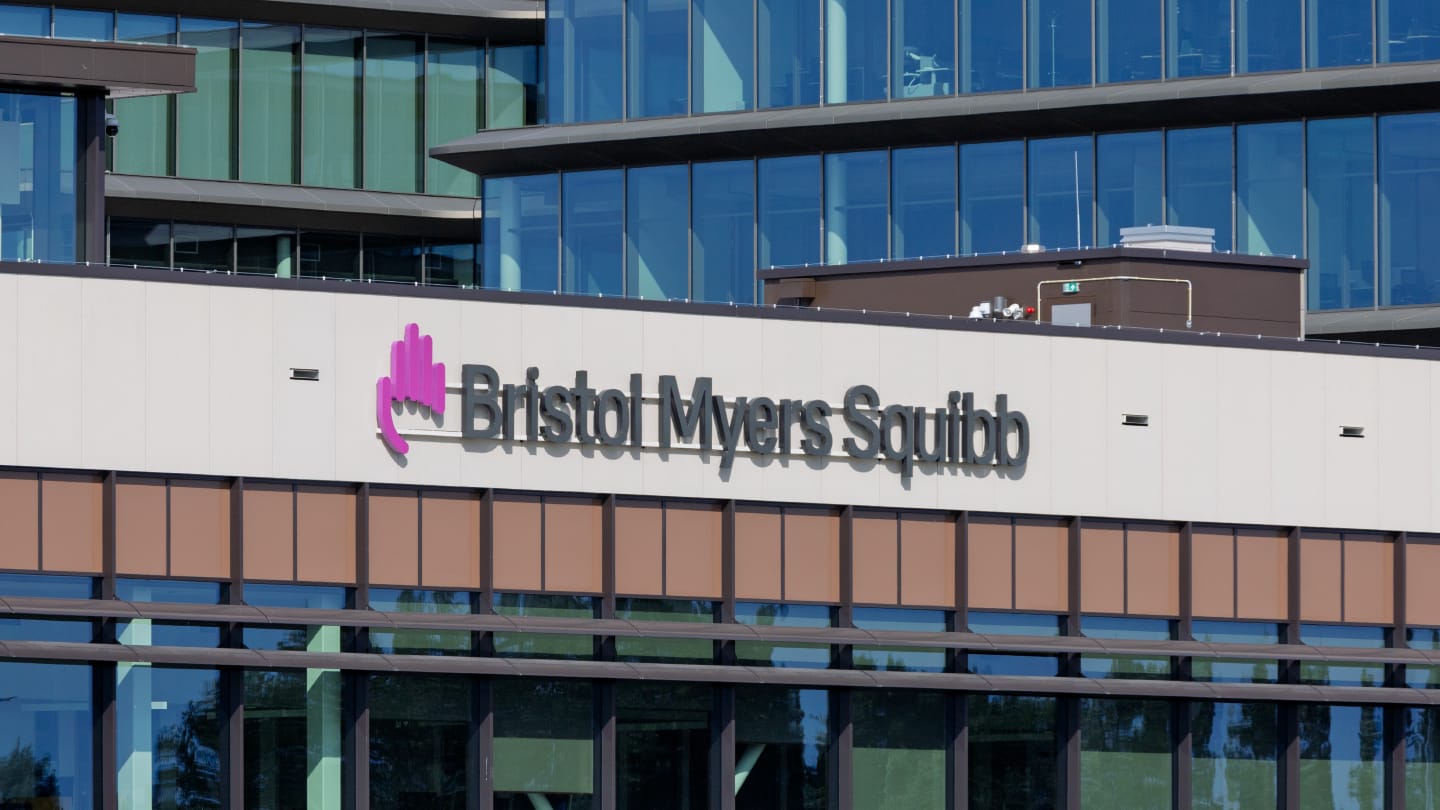
Texas takes on big pharma over Plavix claims
The State of Texas, along with relator JKJ Partnership 2011, LP, is bringing legal action against Bristol-Myers Squibb and several Sanofi entities, alleging deceptive marketing and healthcare fraud related to the antiplatelet drug Plavix. A plaintiff’s petition claims the companies knew since the 1990s that Plavix was significantly less effective or ineffective for many patients, especially Black, East Asian, and Pacific Islander individuals, due to CYP2C19 genetic polymorphisms that impair the drug’s activation. Despite internal studies showing large groups of poor responders and racial disparities, the companies allegedly concealed this information, misrepresented Plavix as superior to aspirin, and promoted it widely, including to minority communities. The State argues these actions violated the Texas Deceptive Trade Practices Act and Health Care Program Fraud Prevention Act, leading to improper prescriptions, increased patient risk, and substantial losses to Medicaid. Texas seeks civil penalties, restitution, injunctions, and recovery of healthcare program payments.
FDA approves Keytruda and Padcev bladder cancer combo
The FDA has approved the use of Merck & Co’s Pembrolizumab (Keytruda) either alone or with Pfizer’s and Astellas’ Enfortumab vedotin‑ejfv (Padcev) for neoadjuvant (pre‐surgical) followed by adjuvant (post-surgical) treatment in adults with muscle-invasive bladder cancer (MIBC) who are ineligible for cisplatin‐based chemotherapy. The approval is based on the KEYNOTE-905/EV-303 trial, which enrolled 344 patients and demonstrated that the combination significantly improved event-free survival (EFS) and overall survival (OS) compared with immediate surgery alone. The review occurred under the FDA’s Project Orbis international framework. Jeff Legos, Chief Oncology Officer at Pfizer, said, “Today’s approval, granted months earlier than anticipated, ushers in a new era of treatment for cisplatin-ineligible patients with MIBC who have long been underserved by existing treatments. Padcev plus pembrolizumab is the first and only FDA-approved perioperative treatment regimen to demonstrate a meaningful survival advantage compared to surgery alone, positioning it to reshape the treatment landscape and bring new hope to patients and families.”
AstraZeneca’s Maryland manufacturing investment
AstraZeneca has plans to invest $2 billion in expanding its manufacturing footprint in Maryland. The investment will boost operations at its existing biologics facility in Frederick, nearly doubling commercial manufacturing capacity to include rare-disease therapies, and build a new facility in Gaithersburg dedicated to development and clinical supply of innovative molecules. The expansion is set to support 2,600 jobs across both sites (including the creation of 300 new skilled roles and numerous construction jobs) and is expected to be operational in 2029. The facilities will incorporate advanced AI, automation, and data analytics, as well as meeting high environmental standards. CEO Pascal Soriot said: “Today marks a landmark moment for Maryland and American patients. As the state’s largest biopharmaceutical employer, we are deepening our long-standing commitment to Maryland – supporting 2,600 jobs, catalysing economic growth, and bringing our extensive rare disease portfolio onshore for the first time. This investment strengthens the resilience of the US medicines supply chain and accelerates access to transformative therapies for patients across America and around the world.”
Novo Nordisk’s semaglutide not effective against Alzheimer’s
Novo Nordisk has released the primary two-year findings from the evoke and evoke+ phase III studies in people with early symptomatic Alzheimer’s disease. These randomized, double-blind trials involved 3,808 participants and assessed the safety and effectiveness of oral semaglutide versus placebo alongside usual care. The company’s decision to investigate semaglutide for Alzheimer’s disease stemmed from a combination of real-world data, preclinical research, and post-hoc insights drawn from previous diabetes and obesity studies. The studies did not show that semaglutide outperformed placebo in slowing Alzheimer’s disease progression, based on changes in the Clinical Dementia Rating – Sum of Boxes (CDR-SB) score from baseline. Although semaglutide treatment produced favourable shifts in Alzheimer’s-related biomarkers across both trials, these biological improvements did not lead to a measurable delay in clinical disease progression. CSO Martin Holst Lange said, “Based on the significant unmet need in Alzheimer’s disease as well as a number of indicative data points, we felt we had a responsibility to explore semaglutide’s potential, despite a low likelihood of success. We are proud to have conducted two well-controlled phase III trials in Alzheimer’s disease that meet the highest standards of research and rigorous methodology… While semaglutide did not demonstrate efficacy in slowing the progression of Alzheimer’s disease, the extensive body of evidence supporting semaglutide continues to provide benefits for individuals with type 2 diabetes, obesity, and related comorbidities.”
FDA approves Novartis’ Itvisma
The FDA has approved Novartis’ Itvisma (onasemnogene abeparvovec-brve), an adeno-associated virus (AAV) vector-based gene therapy, for the treatment of spinal muscular atrophy (SMA) in patients aged two years and older who have a confirmed mutation in the SMN1 gene.The therapy directly targets the genetic root of the disease by delivering the SMN1 gene via a single intrathecal injection, tailored for older children and adults regardless of body weight.Prior formulations (such as Zolgensma) were limited to younger patients and intravenous administration.The FDA review leveraged existing safety and efficacy data, including that from Zolgensma, while highlighting risks such as hepatotoxicity and cardiotoxicity, particularly in older patients with chronic conditions.The therapy received Fast Track, Breakthrough Therapy, Priority Review and Orphan Drug designations, reflecting the unmet need in SMA treatment. Novartis President Victor Bultó said, “After redefining SMA care with the first gene replacement therapy for this challenging disease, we can now help address unmet needs across an even broader SMA population with the approval of Itvisma.”
J&J posdinemab study terminated
Johnson & Johnson has announced that its proof-of-concept study Auτonomy – a precision-approach trial in early Alzheimer’s disease evaluating the antibody posdinemab – will be discontinued after a scheduled review found it did not meet statistical significance for slowing clinical decline. The company acknowledged the study’s initial results highlight the considerable biological complexity of Alzheimer’s disease, and said that full data analyses will be shared with the scientific community in due course. Johnson & Johnson noted it has invested nearly three decades in advancing understanding of Alzheimer’s and affirmed its ongoing commitment to developing therapies across the disease spectrum.
Sarepta updates siRNA progress for myotonic dystrophy trial
Sarepta has reported that its investigational siRNA therapy SRP‑1003, being developed for Myotonic Dystrophy Type 1 (DM1), has achieved a key milestone in its phase I/II trial: the first of two prespecified enrollment targets was met and a safety review supported dose escalation. This event triggers a $200 million milestone payment to its partner Arrowhead Pharmaceuticals. Sarepta is supporting the payment by selling Arrowhead shares and transferring a portion of its holding.
European Commission expands Breyanzi approval for relapsed or refractory mantle cell lymphoma
The European Commission has approved expanded use of Bristol-Myers Squibb’s CAR-T therapy Breyanzi (lisocabtagene maraleucel) for adult patients with relapsed or refractory mantle cell lymphoma (MCL) who have had at least two prior lines of systemic therapy, including a Bruton’s tyrosine kinase inhibitor. Approval was based on the TRANSCEND NHL 001 trial, in which safety findings were consistent with the known profile of Breyanzi. The approval applies across EU member states and EEA countries (excluding the UK). Emma Charles, senior vice president, Europe Region, Bristol Myers Squibb, said, “While frontline therapies have advanced over the years for this rare but aggressive form of non-Hodgkin lymphoma, the vast majority of patients relapse or become resistant and face reduced survival outlook, leaving a critical need for new treatment options. Breyanzi has the opportunity to address a treatment gap for this patient population based on its demonstrated clinical benefit.”




